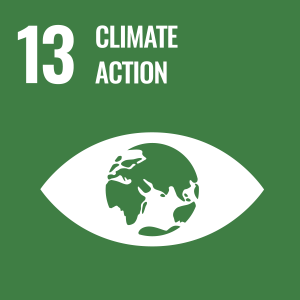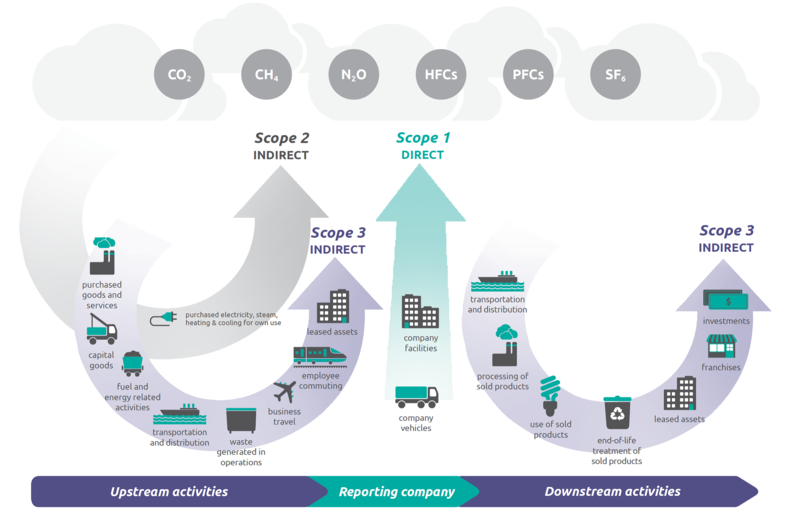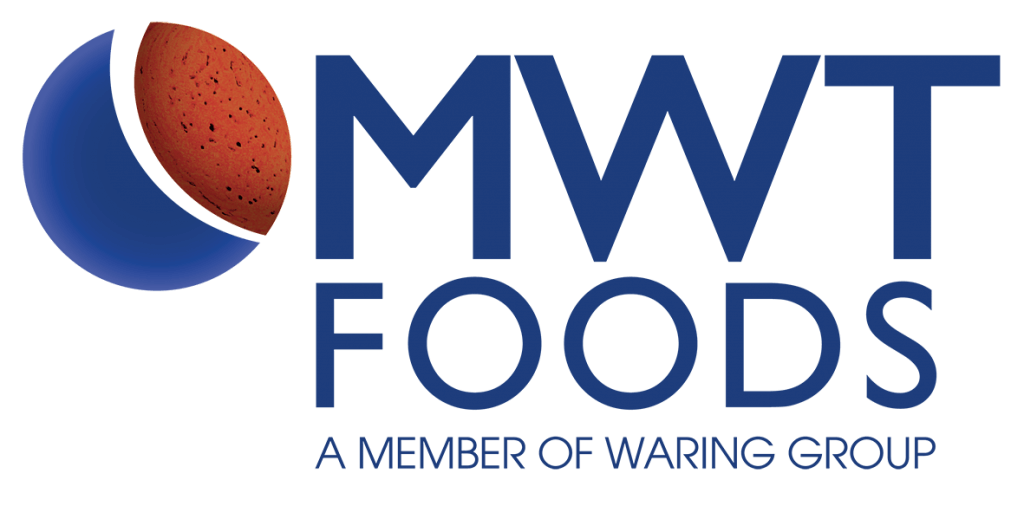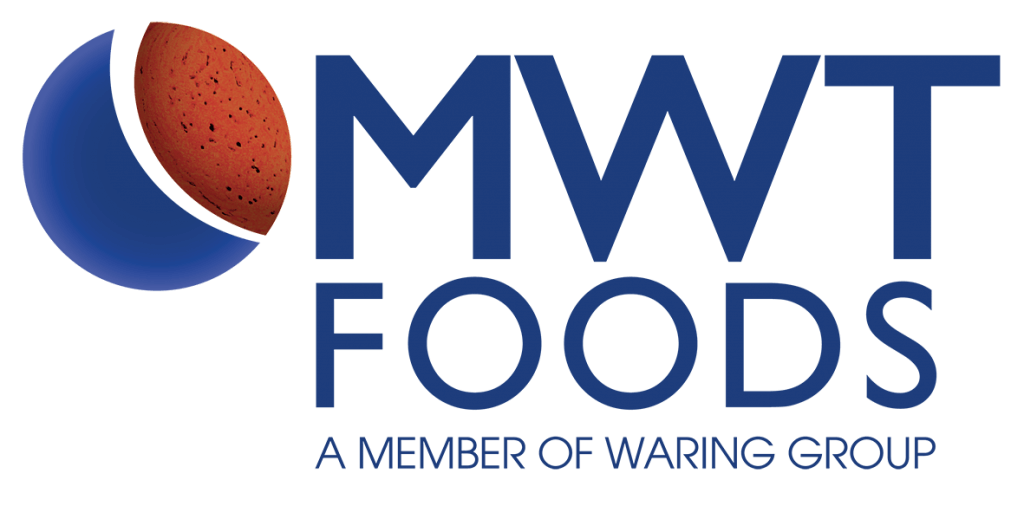
Climate change is a serious threat impacting all places and people. The United Nations Paris Climate Goal of 2016, to limit global temperature rise to 2 degrees Celsius and pursue efforts to contain warming to 1.5 degrees requires an urgent response from all industry sectors, including ours.
MWT Foods is committed to the journey of achieving net zero emissions by demonstrating meaningful, tangible action. Our strategy is guided by corporate best practice and the guidance outlined in the Greenhouse Gas Protocol (WRI). Here’s a snapshot of our progress:
- Conducted a comprehensive assessment to identify material sources of emissions across all 3 scopes.
- Set organisational and operational boundaries.
- Set a baseline year and commenced GHG calculation and tracking.
- Identified physical and transition risks and opportunities unique to our industry sector and businesses.
- Conducted a scenario analysis for decarbonisation trajectories.
- Undertaking target setting consistent with science-based recommendations.
- Executed initial suite of decarbonisation investment and activities.

Scope 1 Emissions
These are direct emissions from company facilities and vehicles. MWT Foods tracks and measures these using our bespoke IT software that captures and allocates them according to their category. Our decarbonisation strategy begins with maximising energy efficiency.
Our analysis determined immediate and lasting emissions reduction can be achieved through maximising efficiency in processing. To achieve this, we have invested in new, more efficient equipment, bringing forward the retirement of older, energy-intensive assets. We’re conducting trials at the conclusion of the 2023 crop season to optimise energy use throughout processing, and plan to roll out the most efficient configurations for season 2024.
Next, we propose to move vehicle and equipment assets away from fossil fuels, seeking alternative fuels and electrification (where possible). An inventory of vehicles and equipment, including planned retirements and options for replacements has been established, and we will seek replacement on a case-by-case basis as alternatives become commercially viable and available. In the meantime, we have established fuel saving initiatives including journey tracking, trip optimisation, and regular vehicle and equipment maintenance ensuring the efficiency of our vehicles.
Scope 2 Emissions
These are indirect emissions occurring at the site of generation from purchased electricity. We’re proud that in 2023 we increased our investment in renewables substantially. We now have two sites running on 100% Green Power and a further site on 25% Green Power. We’ve decreased our overall Scope 2 emissions by 23.8%, and plan to be Net Zero by 2028.

Scope 3 Emissions
They occur up and downstream from our business, representing activities across our entire value chain. Key areas of focus are purchased goods and services (cradle-to-gate emissions of raw materials), fuel and energy related activities, transportation and distribution, and business travel. Our initial suite of decarbonisation activities included:
- Set a baseline, quantify, and track business travel emissions.
- Engage primary suppliers on focus SGD’s, find synergies and areas for collaboration.
- Begin detailed supply-chain mapping exercise by product type.
- Measure and track emissions from fuel and energy-related activities.
Ethical sourcing
MWT Foods is committed to a sustainable, responsible food supply.
Food industry expertise
Our team of industry experts are passionate about safe food and premium service.
Supporting food producers
We offer strong representation in the global market.
Contact us to discuss how we can support your macadamia business.
The MWT Macadamia team are on hand to discuss options with macadamia growers, farm owners and investors.


